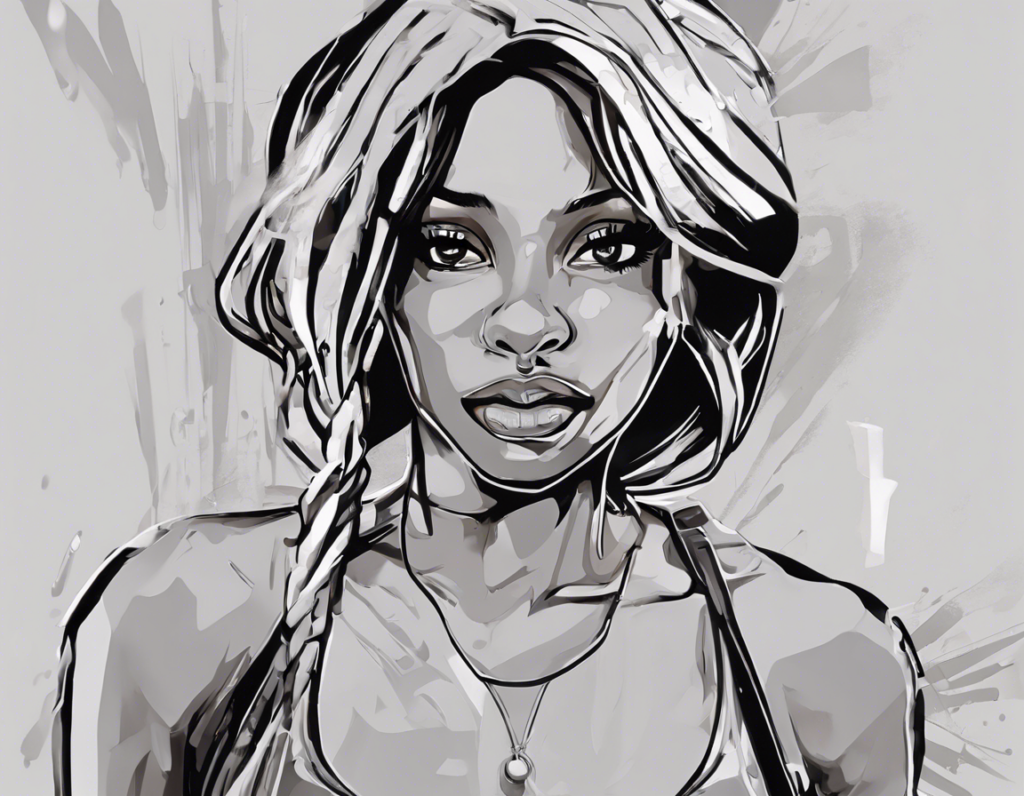Introduction
The Danii Banks leak scandal has been making headlines recently, and it has raised significant concerns surrounding privacy and security on social media platforms. In this article, we will delve into the details of the scandal, explore the implications of such incidents, and provide insights on how individuals can better protect their online privacy.
Background on the Danii Banks Leak Scandal
Danii Banks, a popular social media influencer known for her glamorous lifestyle and sizable following on platforms like Instagram and Twitter, found herself at the center of a massive privacy breach. In recent weeks, compromising images and videos of Banks surfaced online without her consent, leading to widespread outrage and debates on the handling of personal data in the digital age.
Implications of the Leak Scandal
The Danii Banks leak scandal serves as a stark reminder of the risks associated with sharing personal content online. From hackers gaining unauthorized access to private accounts to the misuse of intimate material for malicious purposes, individuals must be vigilant about safeguarding their digital footprint. The incident also sheds light on the importance of platform security and the need for enhanced measures to prevent such breaches.
Protecting Your Online Privacy
In light of the Danii Banks leak scandal, it is crucial for individuals to take proactive steps to protect their online privacy. Here are some key strategies to consider:
1. Strengthen Your Passwords
Ensure that your passwords are complex and unique for each online account. Avoid using easily guessable information such as birthdates or pet names. Consider using a password manager to securely store and manage your login credentials.
2. Enable Two-Factor Authentication (2FA)
Add an extra layer of security to your accounts by enabling two-factor authentication. This additional step, often a code sent to your mobile device, helps verify your identity and prevent unauthorized access.
3. Review Privacy Settings
Regularly review the privacy settings on your social media accounts and adjust them to control who can view your content. Limit the visibility of personal information and posts to ensure that only trusted individuals have access.
4. Be Mindful of the Content You Share
Think twice before posting sensitive or intimate content online. Once shared, digital content can easily be circulated and may be challenging to remove entirely. Consider the long-term implications of what you share on social media.
5. Stay Informed About Security Practices
Keep yourself informed about the latest security practices and be cautious when engaging with unfamiliar websites or third-party applications. Educate yourself on common online threats and take proactive measures to mitigate risks.
Frequently Asked Questions (FAQs)
1. What should I do if I suspect that my account has been compromised?
If you believe that your account has been compromised, immediately change your password and enable two-factor authentication. Notify the platform of the security breach and monitor your account for any unauthorized activity.
2. Can deleted content on social media still be accessed by others?
In some cases, deleted content may still be accessible through caches or archived versions. It is essential to understand that once something is shared online, it may not be entirely erased.
3. How can I report unauthorized sharing of my content on social media?
Most social media platforms have reporting mechanisms for content that violates privacy or is shared without consent. Utilize these tools to report the unauthorized sharing of your content.
4. Is it safe to store personal information on cloud services?
While cloud services offer convenience, it is essential to choose reputable providers with robust security measures in place. Encrypt sensitive data before uploading it to the cloud and regularly review access permissions.
5. What legal options are available in cases of privacy breaches online?
In situations involving privacy breaches or unauthorized sharing of personal content, individuals may explore legal avenues such as filing a complaint with relevant authorities or seeking legal counsel to assess potential recourse.
Conclusion
The Danii Banks leak scandal underscores the importance of safeguarding online privacy in an increasingly digital world. By adopting proactive security measures, staying informed about potential risks, and being cautious about the content shared online, individuals can better protect their personal information and mitigate the chances of falling victim to privacy breaches. Stay vigilant, prioritize your digital security, and empower yourself to navigate the complexities of the online landscape with confidence.
